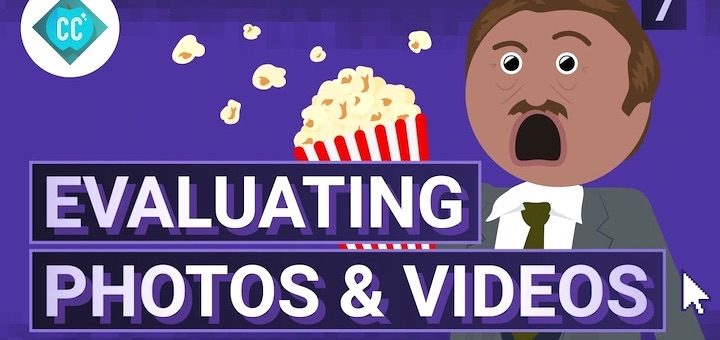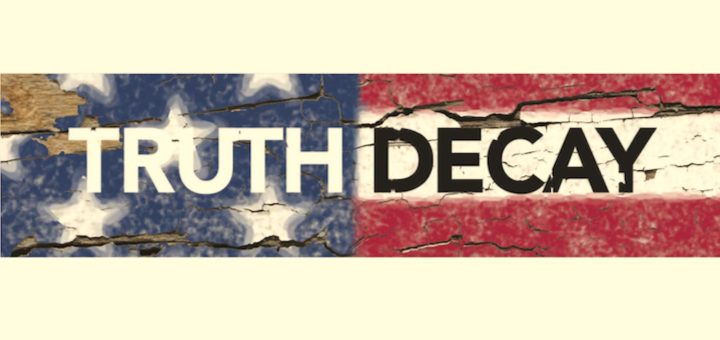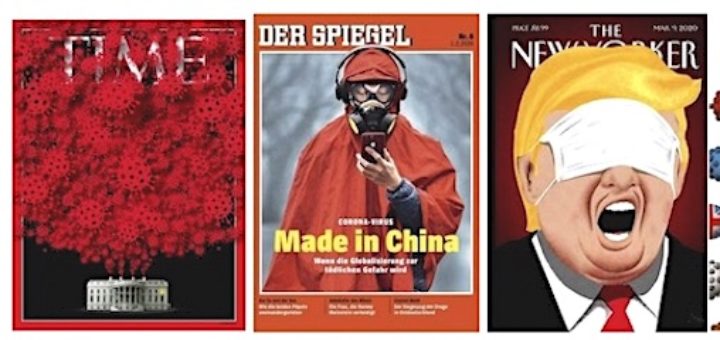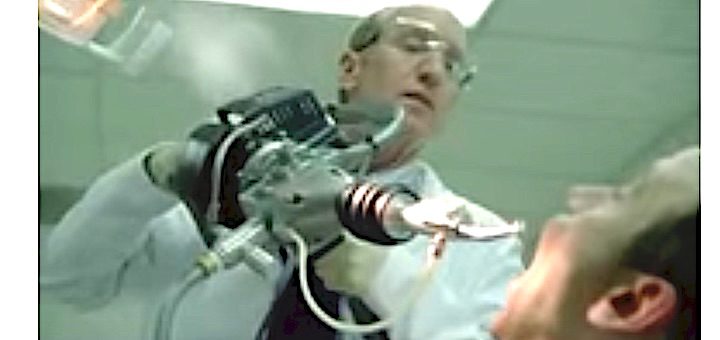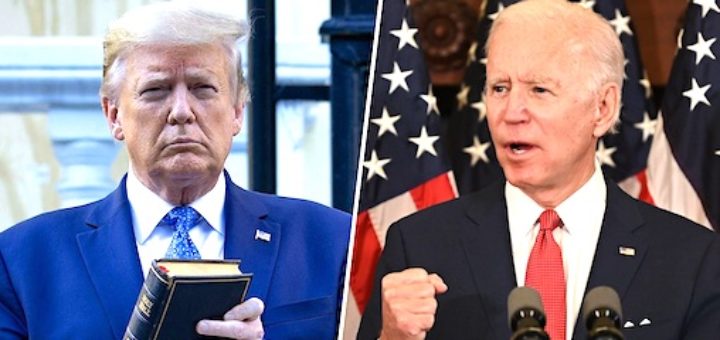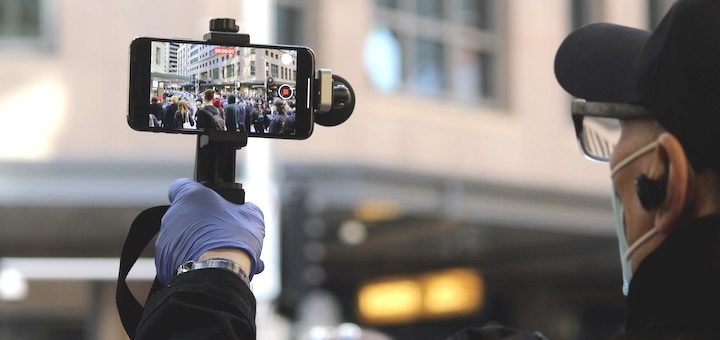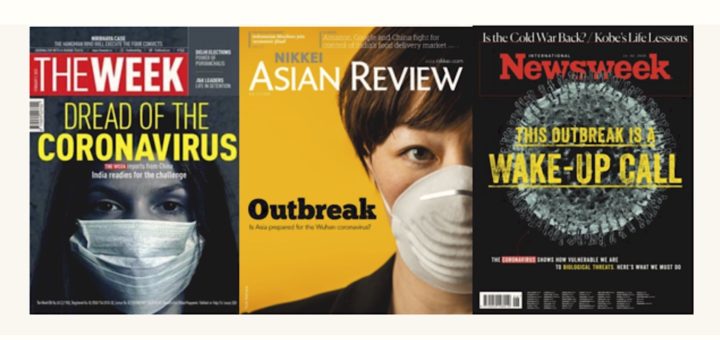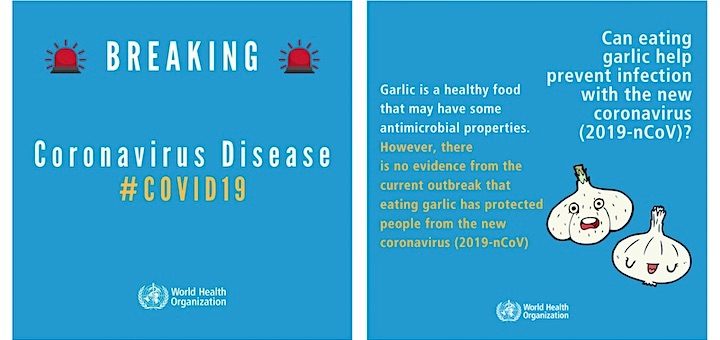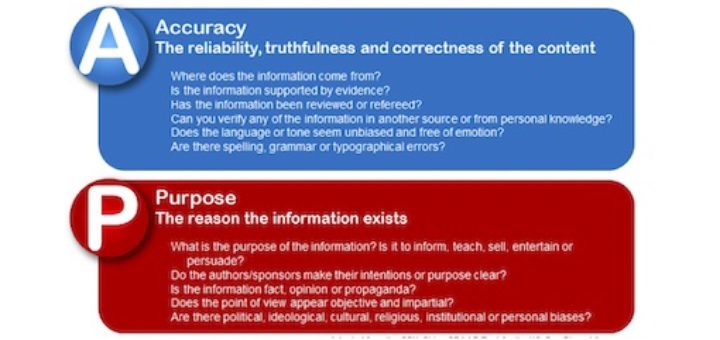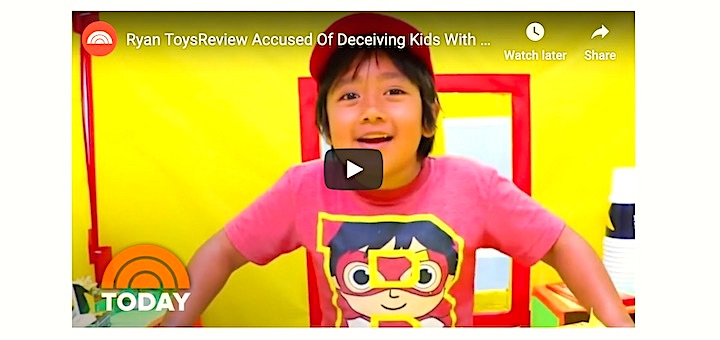Category: Close Reading the Media
So much of our world is visual. Helping students learn how to “read” images and detect fakery and manipulation should be part of a 21st century education. Media literacy expert Frank Baker shares lots of ideas, insights and resources to get teachers and students started.
New studies continue to reveal that many students cannot evaluate internet information for truthfulness, writes media literacy expert Frank W Baker. “It has become a crisis in American education,” he says, as disinformation becomes industrialized and “truth decay” spreads.
When we find time in our busy school day to introduce a current event text, like a magazine cover, we’re actually helping students understand how images are used to communicate and even manipulate. Frank Baker shares a resource-rich pandemic media literacy lesson.
Whether your ELA, social studies or media literacy students are tracking advertising on Madison Avenue or Capitol Hill, expert Frank W. Baker has the tools and ideas you need to blend this high engagement topic into standards-based lessons on analyzing informational text.
Experts predict record ad spending this election season, as much as $6 billion. As we brace for this tidal wave, says media literacy consultant Frank Baker, we need to prepare students to analyze the techniques of persuasion being used to sway votes and gain power.
Video documentation is a powerful tool in news reporting, whether it’s done by professional journalists or by ordinary people with instant access to video cameras. Frank Baker looks at the history of news video as a “primary source” for historians and middle grades teachers.
Our deep dependency on media for everything from news and entertainment to mail-order buying underscores the urgent need for K-12 educators to make media literacy an essential part of the curriculum in today’s schools, writes author and consultant Frank W. Baker.
Science teachers know that some students believe in often-ridiculous theories (the Earth is flat; climate change is a hoax) that are propagated on YouTube and social media. Frank Baker provides a wealth of resources to fight science ignorance with media literacy skills.
As we move into the 2020 presidential election, questioning what we read and hear is paramount. In the fake news era, are students learning how to verify what they consume? Media literacy expert Frank Baker doesn’t think so and says it’s up to educators to teach them.
In today’s online marketing environment, everybody seems to be after the attention of young people, writes media literacy expert Frank Baker. Many tweens and teens have money and may not see through all the strategies and tactics of influencers. Educators need to help.

